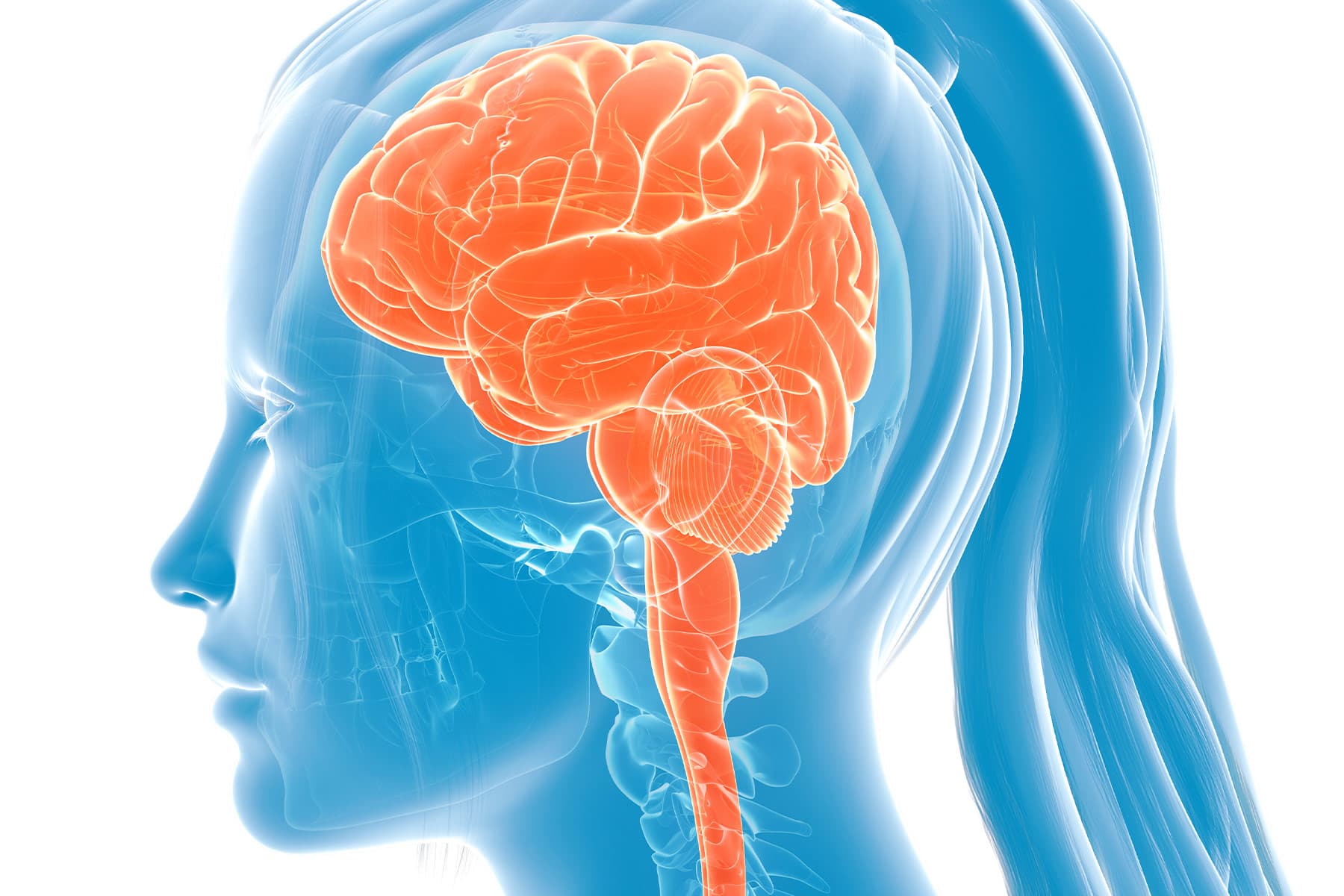How to Control Epilepsy: Top Treatments and Management Tips
Get your medical card in Maine today with My MMJ Doctor. Enjoy convenient online consultations and access to alternative treatments for various health conditions. Start your journey toward better health now!

Epilepsy is a neurological condition that affects millions of people worldwide. Characterized by unpredictable seizures, it can disrupt daily life, but with the right approach, it's entirely possible to manage and control the symptoms. In this article, we'll explore effective treatment options, lifestyle changes, and management tips that can help those with epilepsy regain control over their lives.
Understanding Epilepsy: What You Need to Know
Epilepsy is more than just a condition with seizures. It involves a series of neurological events that cause abnormal brain activity, which leads to seizures. These episodes vary from person to person; some may experience brief moments of staring, while others have more severe convulsions.
The causes of epilepsy can be varied: some individuals are born with it, while others may develop it due to brain injuries, infections, or even unknown factors. Understanding the root cause of the condition can help in choosing the right treatment path, but in many cases, treatment focuses on symptom management.
How Epilepsy Affects Daily Life
Seizures can be frightening for both the individual and those around them. The unpredictability of when and where a seizure might occur adds a layer of anxiety to daily activities. For many individuals, epilepsy affects their ability to work, drive, or enjoy social interactions. However, with advancements in treatment and management strategies, there is hope for living a normal life with epilepsy.
In recent years, new treatment methods have emerged, providing more options for people struggling to manage their condition. One such method gaining popularity in several states is obtaining a medical card for patients dealing with epilepsy. This legal avenue provides patients with access to alternative therapies, which have shown promise in helping to reduce the frequency and intensity of seizures. In Maine, for instance, patients who qualify for a mmj card Maine can explore treatment options that may be effective in reducing seizure activity and improving overall well-being.
Top Treatments for Epilepsy: What You Need to Know
There are several treatment routes available for those diagnosed with epilepsy. These range from traditional medication to newer approaches that aim to provide better seizure control with fewer side effects. Let’s explore some of the most common treatment options:
1. Anti-Epileptic Drugs (AEDs)
The cornerstone of epilepsy treatment is medication. Anti-epileptic drugs (AEDs) help to control and reduce the frequency of seizures. Depending on the type of epilepsy, doctors may prescribe a combination of medications. AEDs work by stabilizing electrical activity in the brain, which prevents seizures from occurring.
While AEDs are effective for many, they don’t work for everyone, and some may experience unpleasant side effects. It’s essential to work closely with a healthcare provider to find the right medication and dosage.
2. Dietary Changes
For some individuals, dietary adjustments may help manage seizures. The ketogenic diet, which is high in fats and low in carbohydrates, has been particularly effective in controlling seizures for people who don’t respond to traditional medication. This diet alters the way the body processes energy, leading to a decrease in seizure activity for some.
The Atkins diet, a modified version of the ketogenic diet, has also shown benefits in seizure control. However, these dietary changes should only be undertaken under the supervision of a healthcare professional.
3. Surgery
In cases where seizures cannot be controlled with medication, surgical options may be considered. One of the most common surgical procedures for epilepsy is the removal of a small section of the brain where seizures are originating. This procedure, called resection, can provide long-term relief for some individuals.
For those whose seizures are more generalized, and not localized to one area of the brain, other surgical options may include the implantation of a device that helps regulate brain activity.
4. Vagus Nerve Stimulation (VNS)
Vagus nerve stimulation (VNS) is a therapy that involves implanting a device under the skin that stimulates the vagus nerve, which helps regulate brain activity. This treatment can be helpful for individuals who don’t respond well to medications and are not candidates for surgery.
The VNS device sends electrical signals to the brain, which can reduce the frequency and severity of seizures over time.
5. Responsive Neurostimulation (RNS)
Similar to VNS, responsive neurostimulation involves the implantation of a device in the brain that detects abnormal electrical activity and provides targeted stimulation to prevent seizures. RNS is most effective in patients who have focal seizures that do not respond to medication.
While the process can be invasive, it has proven to be a valuable option for patients who haven’t found success with traditional therapies.
6. Alternative Therapies
In addition to traditional treatments, some individuals with epilepsy explore alternative therapies to help manage their condition. Techniques such as biofeedback, acupuncture, and even relaxation exercises have shown varying degrees of success for different people.
A growing number of people are also turning to complementary treatments offered by certain legal frameworks. For example, some patients in states like Maine have explored the possibility of obtaining a medical card to access treatment options that may alleviate seizure symptoms.
Lifestyle Tips for Epilepsy Management
While medical treatments play a central role in managing epilepsy, making healthy lifestyle choices can also significantly impact seizure control. Here are some tips that can help manage epilepsy on a day-to-day basis:
1. Sleep Well
Getting enough sleep is crucial for individuals with epilepsy. Lack of sleep can trigger seizures in many people, so establishing a regular sleep routine is important. Aim for 7-8 hours of quality sleep each night and avoid irregular sleep patterns.
2. Stress Management
Stress is a known trigger for seizures in some individuals with epilepsy. Finding effective ways to manage stress can help reduce the likelihood of seizures. Techniques like meditation, yoga, and deep breathing exercises can be beneficial in maintaining emotional balance and reducing seizure risk.
3. Regular Exercise
Exercise is not only good for physical health but also helps with mental well-being. It can help regulate the brain's electrical activity and improve overall mood. However, it's important to be mindful of the types of activities you engage in and ensure they are safe in the event of a seizure.
4. Avoid Triggers
Certain factors, such as flashing lights, dehydration, or specific foods, can trigger seizures for some individuals. Keeping a seizure diary can help identify patterns and triggers, so they can be avoided.
5. Educate Family and Friends
It’s essential to inform loved ones about epilepsy and what to do in case of a seizure. Educating those around you ensures that they can provide the necessary support during an episode, improving your safety and comfort.
Conclusion
Epilepsy may be a challenging condition to manage, but with the right combination of medical treatments, lifestyle adjustments, and support, individuals with epilepsy can lead fulfilling lives. Whether it's through traditional medications or newer alternatives such as obtaining a mmj card Maine, there are plenty of avenues available to reduce the frequency and severity of seizures.
By taking a holistic approach that includes proper medical care, lifestyle changes, and support, people with epilepsy can regain control over their lives and continue to thrive despite their condition.
What's Your Reaction?

















